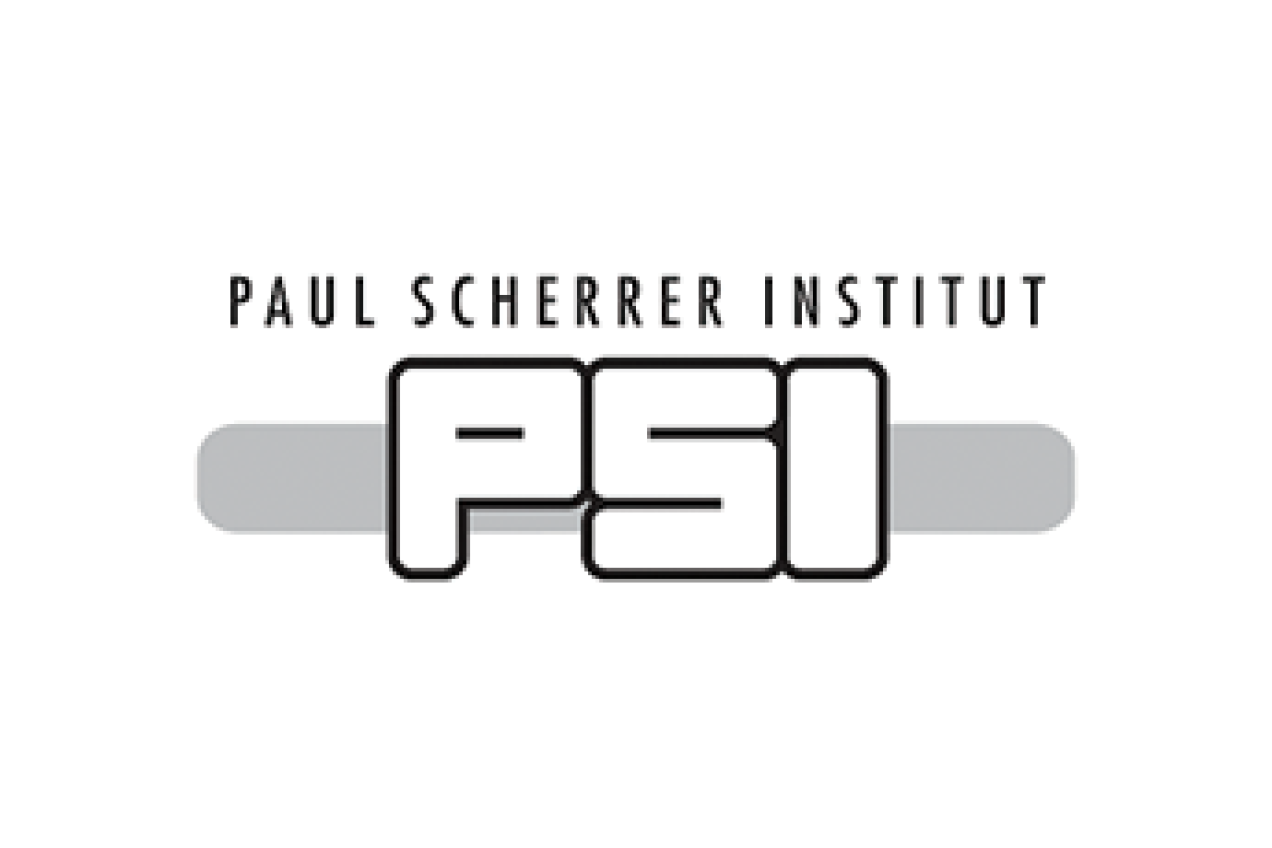Paul Scherrer Institut (PSI)

Description of the legal entity
The Paul Scherrer Institute, PSI, is the largest research center for natural and engineering sciences within Switzerland. We perform world-class research in three main subject areas: Matter and Materials; Energy and the Environment; and Human Health. By conducting fundamental and applied research, we work on long-term solutions for major challenges facing society, industry and science. PSI has a long tradition in energy research. With respect to nuclear energy, the Department of Nuclear Energy and Safety (NES) has a unique position in Switzerland thanks to its heavy infrastructure, namely the Hot Laboratory with well-equipped hot cells and shielded zones for work and investigations on radioactive material. In addition, NES takes advantage of PSI.
Profile of staff members involved
- Prof. Philippe Spätig (male): engineer-physicist EPFL, currently Adjunct Professor at EPFL. He has been working on irradiation damage, plasticity, fracture and fatigue of metals and alloys in materials for more than 20 years. He teaches within the frame of a joint Nuclear Engineering Master (EPFL-ETHZ-PSI) a course on Nuclear Fuel and Materials, as well as various courses of the EPFL Doctoral school. He has already supervised 11 PhD theses and currently advises 3 PhD students.
- Mr Hans-Peter Seifert (male): ETHZ material engineer is Leader of the Structural Integrity Group and Manager of the INTEGER research program on material ageing. His areas of specialization are : environmentally-assisted cracking of LWR structural materials, corrosion and electrochemistry in high-temperature water, ageing mechanisms and structural integrity of LWR primary pressure boundary components and reactor internals. He has almost 25 years of experience in nuclear materials aging and led many large projects in this field. He participates on a regular basis in teaching activities (Doctoral school and Summer school).
Relevant publications, and/or products, services
- Ilchuk N., Davydov V., Spätig P., Seifert H.P., "Effect of residual stress on notch toughness of the tempered martensitic steel F82H-mod" (2017), Theoretical and Applied Fracture Mechanics 90: 244-250
- Knitel S., Spätig P., Seifert H.P., "Temperature and loading-rate dependence on a local criterion for cleavage fracture in the transition region of the tempered martensitic steel Eurofer97" (2016), Procedia Structural Integrity 2: 1684-1691
- Ilchuk N., Commin L., Spätig P., Odette G.R., "Effect of warm pre-stressing on fracture toughness of Eurofer97 steel" (2013), Fusion Engineering and Design 88: pp. 644-647
- Mueller P., Spätig P., Bonadé R, Odette G.R., Gragg D., "Fracture Toughness Master Curve Analysis of the Tempered Martensitic Steel Eurofer97" (2009), Journal of Nuclear Materials 386-388: 323-327
- Bonadé R., Spätig P., Mueller P., "Fracture toughness behavior in the ductile-brittle transition region of the tempered martensitic Eurofer97 steel: Experiments and Modeling" (2008), Engineering Fracture Mechanics 75 No 13: 3985-4000
Relevant previous projects or activities
- Que Z., EPFL-PhD thesis No. 9391 entitled: “High-temperature water effects on the fracture behaviour of low-alloy reactor pressure vessel steels” (2019), Swiss Federal Nuclear Safety Inspectorate financial support
- Knitel S., EPFL-PhD thesis No. 8535 entitled: “Investigations and numerical modeling of mechanical properties of tempered martensitic steel Eurofer97 at various loading rates, temperatures and after spallation irradiation” (2018), Swiss National Foundation financial support
- 2017-2019: PSI-FELLOW-II-3i Programme (Horizon2020 Marie Skłodowska-Curie COFUND Action). Project title: “Development of a technique to study micro-crack arrest in ferritic steels”, EU financial support
- Wang K., EPFL-PhD thesis No. 6824 entitled: “Embrittlement induced by the synergistic effects of radiation damage and helium in structural steels” (2015), Financial support of PSI and EU financial support (GETMAT)
- Mueller P., EPFL-PhD thesis No. 4518 entitled: “Finite element modeling and experimental study of brittle fracture in tempered martensitic steels for thermonuclear fusion applications” (2009), Swiss National Foundation financial support
Significant infrastructure and/or any major items of technical equipment
- Computer controlled testing machine for mechanical testing, included shielded machines in the hot laboratory. Grips and fixtures of standard and sub-sized compact tension and bend bar specimens are available
- Optical, SEM and TEM microscopes
- Nano-indenter MTS G200
- FIB/SEM Zeiss NVision40
- Specimen room preparation
- Workstations for finite element simulations with ABAQUS
